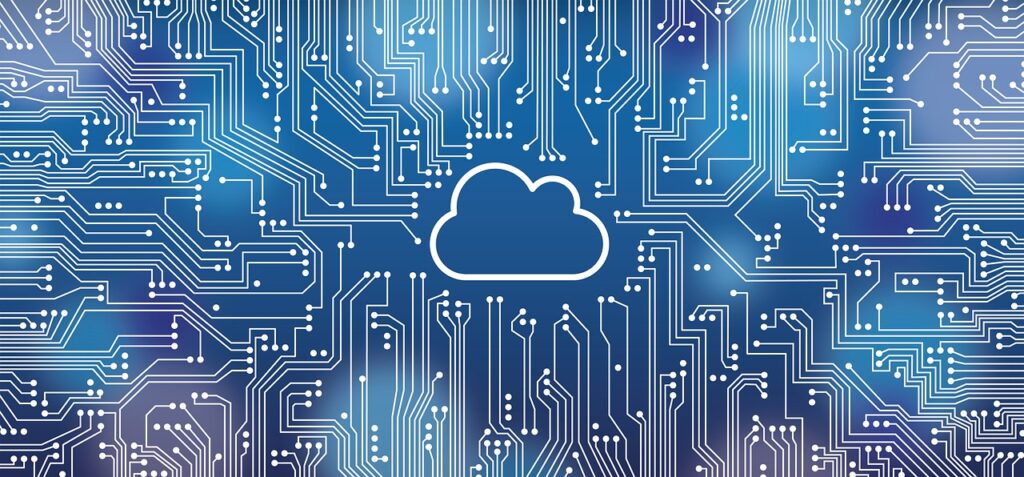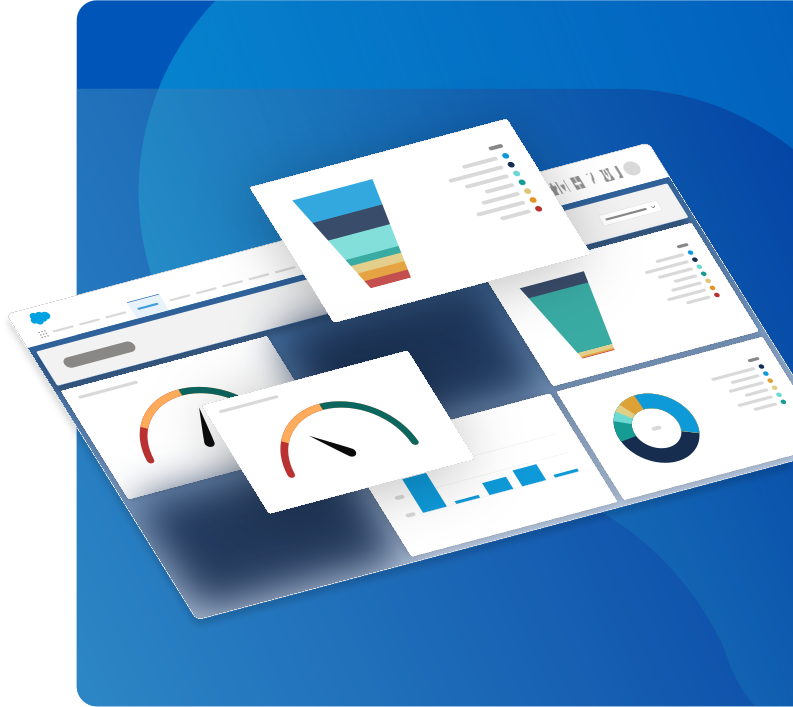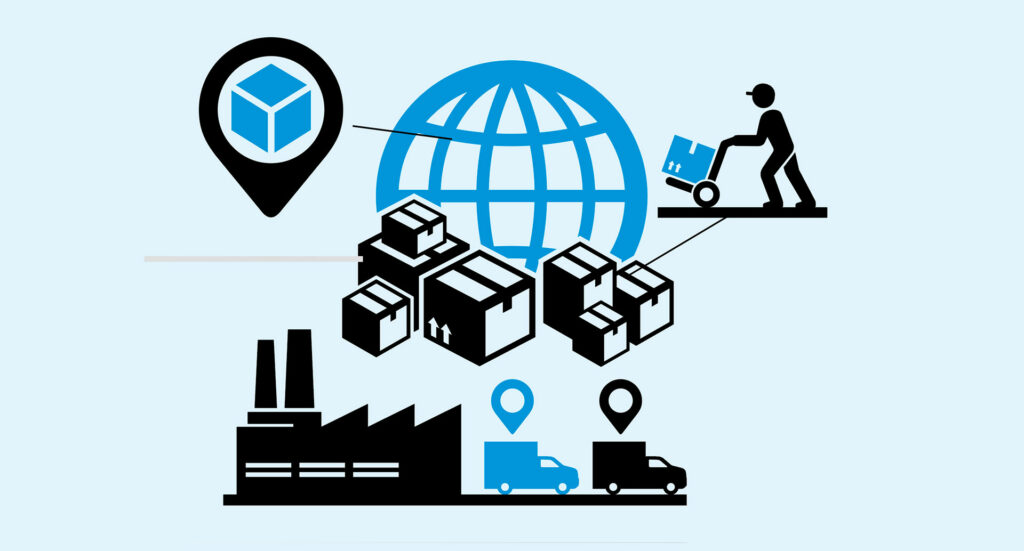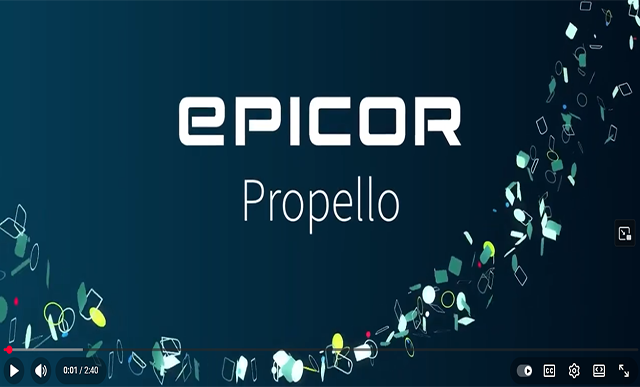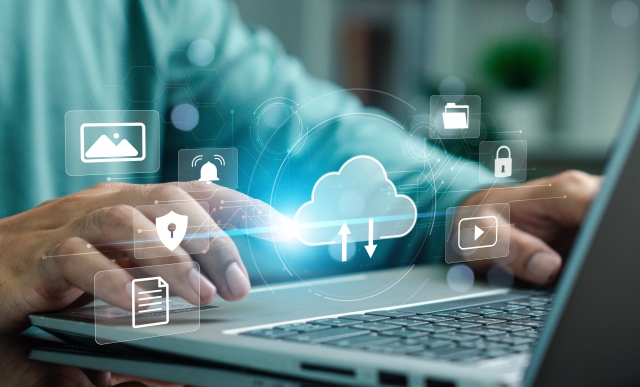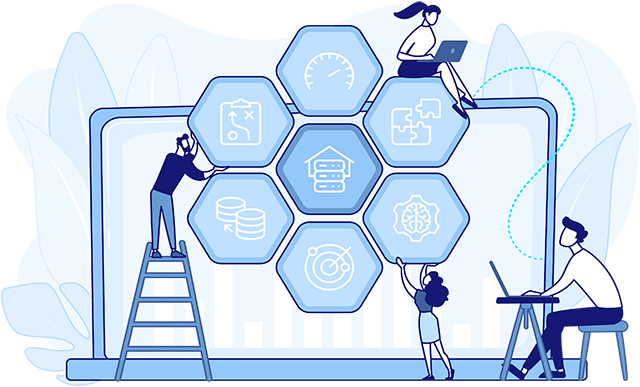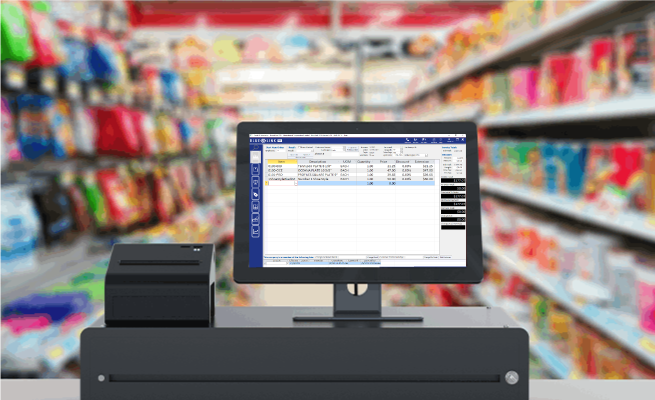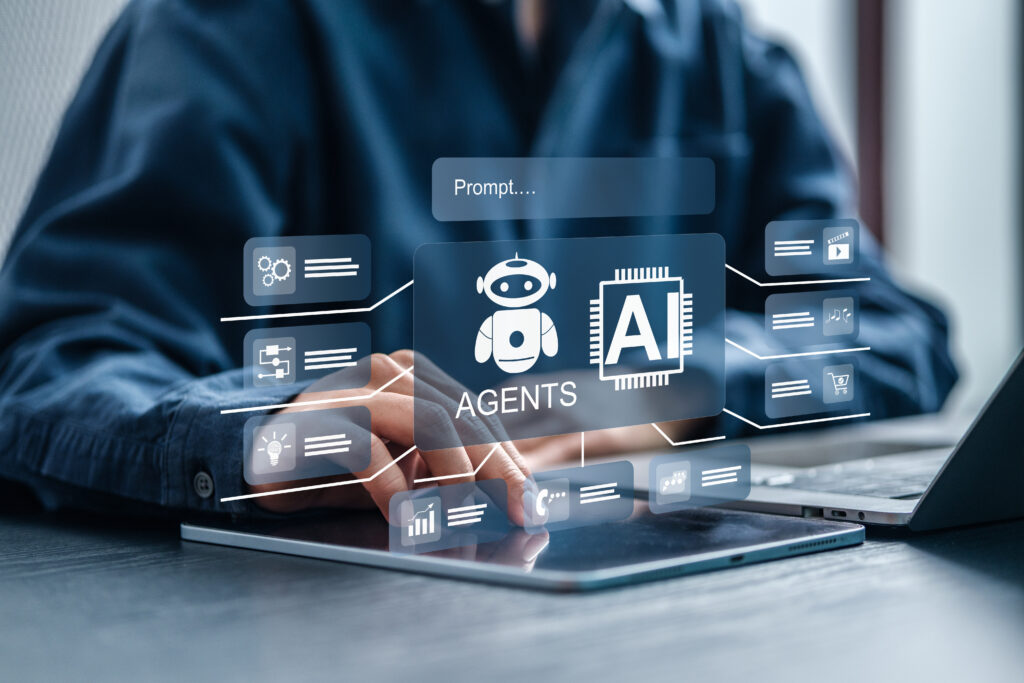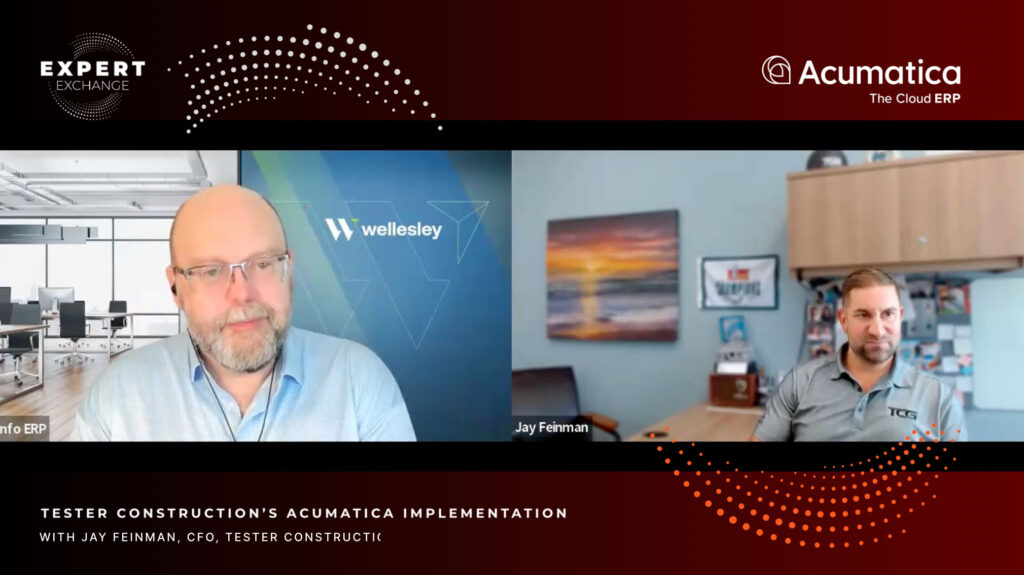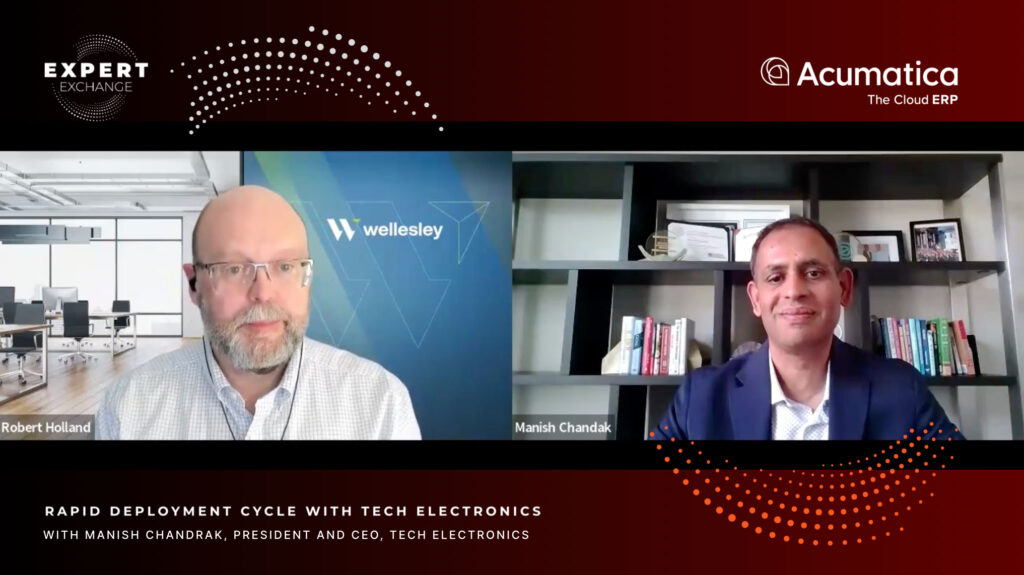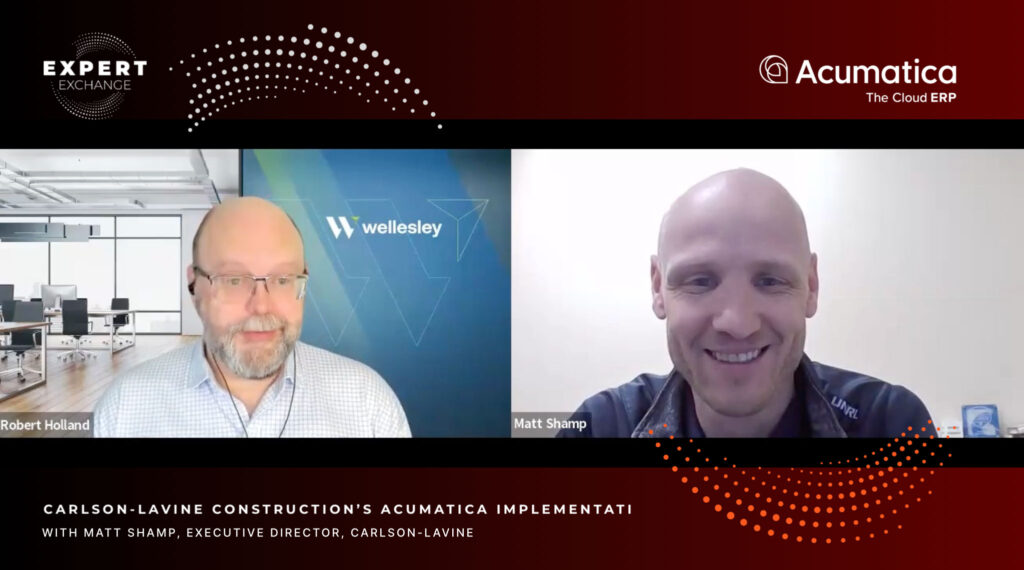Watch Pacific Coast Producers (PCP) and IBM for an in-depth look at PCP’s transformative journey to Oracle Cloud Warehouse Management System (WMS). Discover how this agricultural cooperative, rooted in over 150 family farms, modernized its 1.5 million sq. ft. distribution center and six processing plants. Learn how strategic partnerships, custom Oracle PaaS extensions, and a disciplined project approach enabled seamless automation, enhanced security, and operational continuity. Gain insights into key success factors—from vendor selection to go-live execution—and explore how PCP’s phased implementation is driving innovation, efficiency, and resilience across its supply chain.
Watch Now to explore:
- Why Pacific Coast Producers selected Oracle WMS Cloud after a rigorous vendor evaluation
- How IBM Accelalpha’s implementation expertise enabled a seamless transition across multiple sites
- The project governance, scope control, and risk mitigation strategies that kept the project on budget and on track
- Lessons learned and keys to success from the CIO leading the transformation
- What’s next in PCP’s digital journey, from continuous improvement to advanced automation initiatives
Discover how strong partnerships, disciplined project management, and the right technology can turn transformation into tangible results—helping an iconic food producer move products from farm to shelf faster, safer, and smarter.
ERP Today has established itself as THE independent voice of the enterprise technology sector through its use of dynamic journalism, creativity and purpose.
Subscribe

